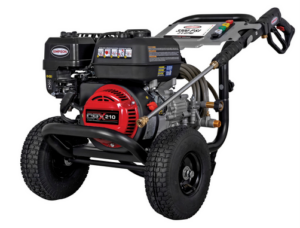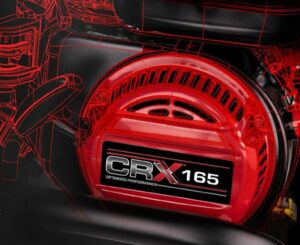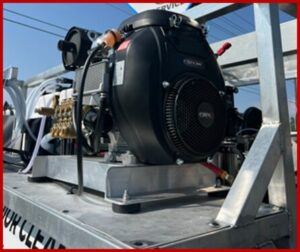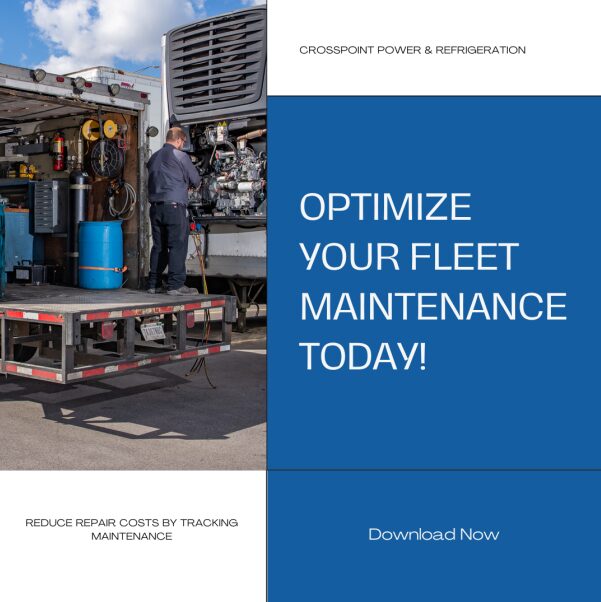CRX Engine vs. Honda: Performance and Reliability Compared

You may not recognize the CRX brand engine, but chances are you have seen equipment that is powered by a CRX engine. With over 2 million engines in the market, CRX engines can be found in many private labeled equipment such as Dewalt, Stanley, Cub Cadet, Craftsman, as well as CRX’s sister company, Simpson Power Washers. In this blog, we explore the similarities and differences between the CRX engines and its competitors.

Power and Performance:
Small engines are rated using a standard testing to ensure performance is graded similarly, however there are multiple standards that small engine manufacturers may use. CRX and Honda engines are both rated using the SAE-J1349 standard. This means that their HP is based on running the engine with the muffler and air cleaner attached. This closely resembles real world applications. Briggs & Stratton and Kohler rate their engines using the SAE-J940 standard, which tests the engines without the air cleaner and muffler attached.

Fuel Efficiency:
Fuel efficiency gauges how well an engine can convert the energy from its fuel source to the work being done. There are many factors that contribute to fuel efficiency, such as the design of the equipment being powered.
Carbureted engines have similar fuel efficiencies within the same class engines. Because there is little variation, end users should consider the fuel tank size when considering run time. If an electronic fuel injection option is available, this engine will have better fuel efficiency and therefore if fuel efficiency is a concern, look for an EFI model.
Durability and Reliability:
Reliability measures how long you can expect an engine to perform. CRX offers both the commercial series line, and professional series engine lines. Both engine lines are certified to the maximum hours under EPA guidelines. Under 225cc engines are certified to 500 hours. Engines 225cc and above are certified to 1,000 hours.
A big factor in reliability is ensuring the engine is operating with clean fuel and air. CRX engines all feature upgraded air cleaners to help extend longevity. The professional series engines feature a dual element filter. Stepping up to a commercial series engine and you get a cyclonic filter, which is 98% efficient.

Technology:
CRX engines have many small engine technologies that help it operate at peak performance for the life of the equipment.
- Hardened Cylinder: The cylinder is hardened to reduce initial break-in wear and extends the engine’s life, promoting better piston ring seating and reduced friction during the critical early stages of engine process.
- Hardened crankshaft, connecting rod, and piston pin: These components endure significant stress, so hardening them helps resist wear and fatigue, ultimately extending their lifespan.
- CRX commercial series high-temperature head gasket and hardened head bolts: These attributes help prevent premature gasket failure, ensuring a reliable seal between the cylinder head and block.
- CRX oil splash to the head: Enhanced oil circulation around the cylinder head aids cooling, which is crucial for preventing overheating and maintaining engine health.
- Enhanced CRX shroud design for better cooling: The shroud directs airflow over critical engine components, such as the cylinder head and exhaust valves, promoting efficient cooling.
- Tight Tolerances: CRX engines are designed with tight tolerances to reduce vibration, which increases the life of the engine
- Emissions: CRX engines are fully EPA tested and certified. In addition, CRX is certified CARB compliant for use in California. Honda engines have failed to meet California’s SORE evaporative emissions testing.

Common Issues with the CRX Engine:
The most common issue with the CRX engine, or any small gas-powered engine is the carburetor. Carburetors have small jets that can easily clog with old or low-quality fuel. Proper maintenance per the recommended maintenance schedule outlined in the owner’s manual will ensure many years of trouble-free operation.
When considering the total cost of ownership, CRX engines rank very well against its competitors. The MSRP for preventative maintenance items such as air filters, spark plugs and fuel filters is lower in most cases for the CRX engines vs. Honda and Kohler in similar engine classes. Comparing repair items such as ignition modules, carburetor kits, and recoil starters, CRX replacement parts can sometimes be half the price of its competitors.

Crosspoint stocks many common parts such as air cleaner elements and fuel filters for the full range of CRX engines. Contact us or fill out our parts request form for any parts needs you may have. If you are interested in how a CRX engine can power or repower your application, reach out to our sales team.

